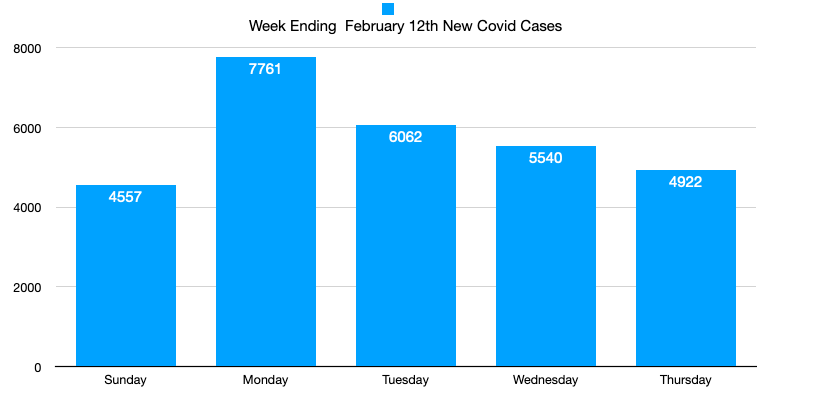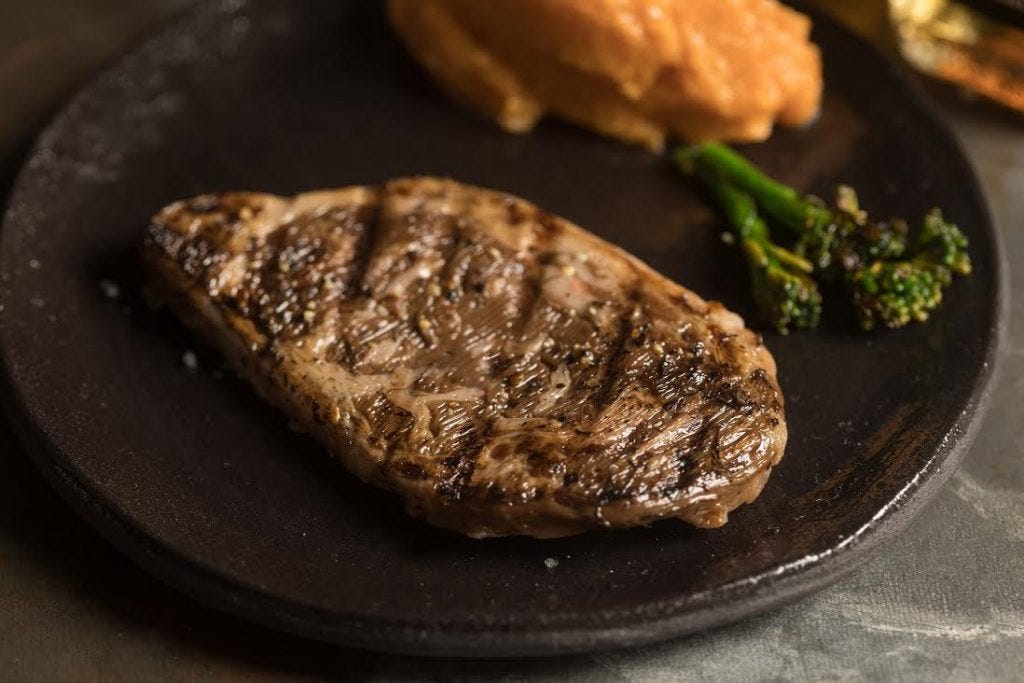COVID-19
At this point, 92.1% of Israelis over age 60 years have been vaccinated, and appointments to receive COVID-19 shots are now open to everyone. A little over 1/3 of the entire population has already been vaccinated, with 3,766,000 having received at least one shot and 2,397,000 having gotten both doses.
This is a tremendous achievement, however, here is the problem — We are nowhere near herd immunity. It is beginning to become difficult to convince the balance of population to get vaccinated, and at this time, we are not yet able to vaccinate children. A campaign has been initiated to persuade people to embrace the vaccine. The government plans to open certain activities solely to those who have been fully vaccinated. As the schools reopen, there is a fight going on between several towns who insist that only teachers who have been inoculated will be allowed to come to work, though government legal advisors assert that restriction may not be legal.
In the meantime, the number of new daily infections has improved slightly, with the rate of daily positive tests falling to 6.7%, on Thursday. The number of critically ill patients has also dropped for the first time— currently under 1,000 per month.
However, experts anticipated the numbers would have decreased even more — with so many of the most vulnerable already vaccinated. One of the primary reasons for the failure of the numbers to drop more meaningfully, is that it is now clear the British variant is more lethal to younger people. So while the numbers of newly infected show the extreme effectiveness of the vaccine, younger people who have not yet to be vaccinated now fill the critical care Corona wards.
In Wolfson hospital, 100% of the critically ill patients are under age 60. At Sheba hospital, that figure is 90% and at Soroka hospital, it is 91%. Only at Jerusalem’s Hadassah hospital are 44% of the critically ill under 60; a reflection of the city’s large ultra-Orthodox and Arab populations, both sectors in which vaccination adoption remains substantially lower rate than in the country's secular, non-Arab population.
At the end of this week, schools began to open, and portions of the lockdown restrictions have been partially lifted. The fear among health professions is that although the situation is nominally better, countrywide infection rates are still very high, and with more extensive sectors of the economy opening, infections could quickly rise again.
POLITICS
A week after the closing of party lists, there has been little movement, and even less of a feeling that there is an election campaign going on. The major political news was the decision of the Likud and the Zionist Front (which includes supporters of the late Rabbi Meir Kahana) to sign an agreement to share “extra” votes.
What does that means? A certain number of votes is required to earn one Knesset seat, and the sum of votes any party receives is never precisely divisible by that number. Thus, parties can choose to enter into an agreement to assign those extra votes to another like-minded party. In these agreements, whichever party has more leftover votes is entitled to the “leftover” or extra votes of the smaller party. Netanyahu decided it was better to sign with a Kahanist party than to possibly lose one Knesset seat.
The race seems stagnant, with Yesh Atid growing slowly and Gideon Saar’s New Hope party losing support. Those who oppose Netanyahu holding a slight advantage. The final outcome of the race will come down to the question of whether or not the two parties currently thought to be on the edge of passing the electoral threshold, (Meretz and Blue and White), are successful. At the moment, according to recent poll, they both do succeed, but just barely.
The fact that President Biden has not called Netanyahu has not yet impacted the campaign. While some see it as a sign of cooling ties with Israel, it is most likely Biden's way of retaliating to Netanyahu for his undermining the Obama Administration.
Prime Minister Netanyahu was forced to make a court appearance this past week, in which he officially pleaded “not guilty” to the various corruption charges leveled against him.
In a matter not directly related to politics, it was reported today that JNF would start using its money to purchase land in the West Bank to expand Jewish settlement there. The new policy is a direct result of the control of JNF passing to more right-wing politicians.
DEFENSE
After a two-year deadlock, the security cabinet approved a significant series of Air Force purchases, allocated to replace its old fleet of tankers, helicopters, and to buy at least another squadron of the newest fighter-bombers. The acquisition will be financed using special loans.
According to reports, Israel attacked an arms convoy on the Iraqi Syrian border on Thursday. What was unusual in the attack is that it was done in the middle of the day.
ECONOMY
The Israeli high-tech sector continued to surge in January, registering a record $1.44 billion in new investments. This was compared to $956 million raised in January last year, before the pandemic struck. With the Israeli Shekel so strong, more dollars need to be raised to pay expenses, including salaries in Shekels that have appreciated this year. The Bank of Israel, which has publicly vowed to spend $30 billion to buy dollars, to keep it from depreciating further against the Shekel, has indicated it will go beyond $30 billion, if necessary.
Meanwhile, Teva Pharmaceutical, still Israel’s only truly multinational-based company, reported a mostly flat year in its end-of-year results. While this news was disappointing to some, after a few years during which Teva’s very future seemed in doubt, slow and steady is a nice change.
Finally, on a lighter note, together with the Technion, Aleph Farms has developed the first bio-printed ribeye steak.







